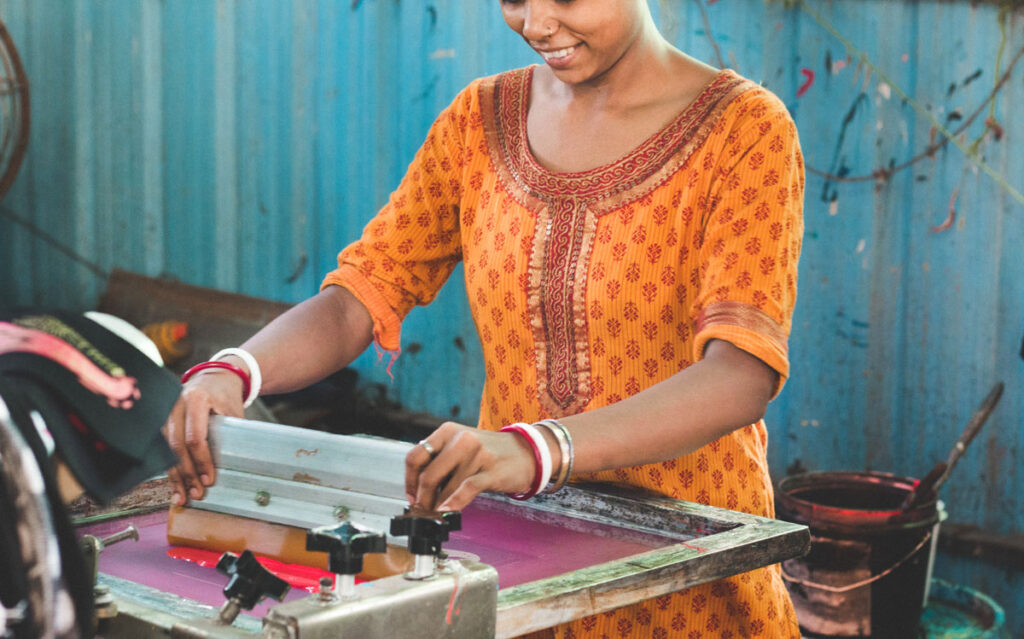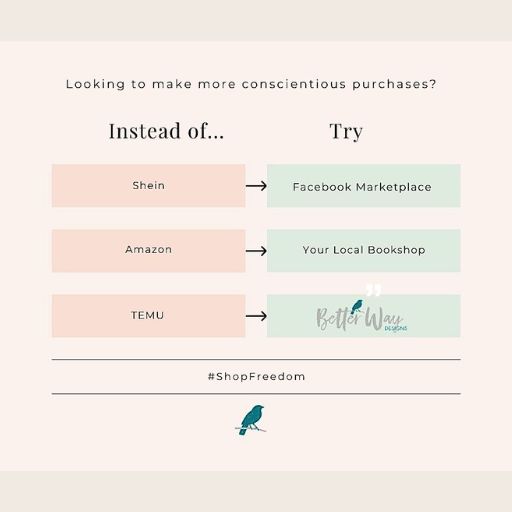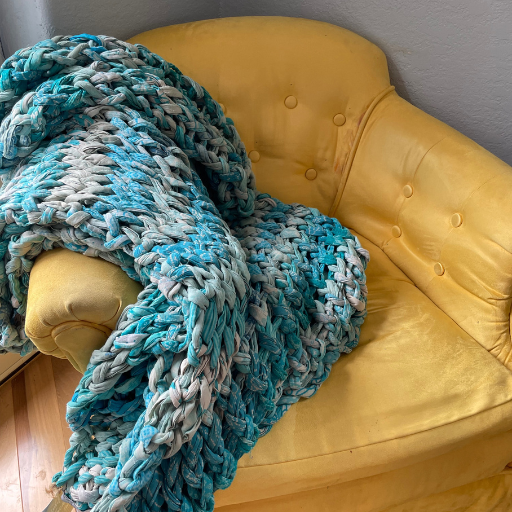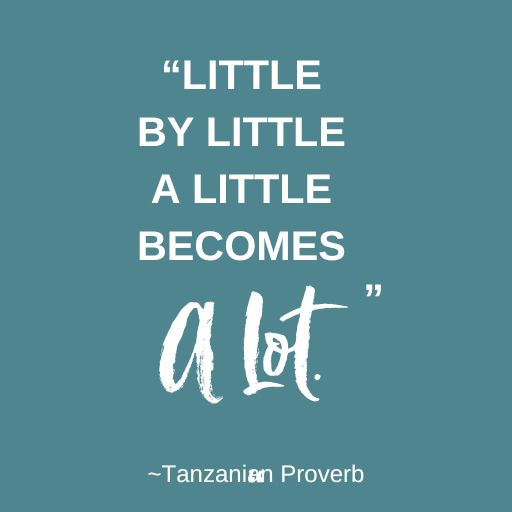Every time we buy something, we’re making a choice—not just for ourselves, but for the people who make the products we use and the planet we live on. If you’ve ever wondered whether ethical shopping really makes a difference, or if Fair Trade products are worth the price, you’re not alone! Let’s dive into these common questions and find practical ways to shop with impact.

Is Fair Trade More Expensive?
This is probably the first thing that comes to mind when we think about ethical shopping. Yes, Fair Trade and ethically sourced products can sometimes cost more than conventional alternatives. But here’s why:
- Fair Wages & Better Working Conditions: Fair Trade products guarantee that farmers, artisans, and workers receive a living wage. Instead of being underpaid and exploited, they are paid fairly for their work, which means they can afford food, education, and healthcare for their families.
- Sustainable Practices: Many Fair Trade products are made with eco-friendly materials and responsible farming or production methods. These practices take more effort and investment, but they help protect the environment.
- Higher Quality: Because ethical brands prioritize craftsmanship and sustainability, the products are often better made, last longer, and reduce the need for frequent replacements.
So yes, a Fair Trade product may cost more upfront, but it’s an investment in people, the planet, and often a higher-quality item that lasts longer. And if you’re mindful about your purchases, you might find that you actually spend less in the long run!
How Can I Transition to More Ethical Shopping Habits?
If you’re just starting out, don’t stress! Ethical shopping doesn’t mean you have to throw everything out and start from scratch. It’s all about small, intentional changes that add up over time. Here are some easy ways to start:

- Start with One Product Category – Choose an area of your shopping habits where you can switch to a Fair Trade or ethically sourced product. It could be coffee, chocolate, clothing, or skincare. Once you make the switch, move on to another category.
- Do a Little Research – Look for brands that are transparent about their sourcing and labor practices. Certifications like Fair Trade, B Corp, and Freedom Business Alliance can be a great indicator of ethical standards.
- Buy Less, Choose Better – Instead of buying cheap, fast-fashion items that wear out quickly, opt for quality pieces that last longer. This mindset shift saves money and reduces waste.
- Shop Secondhand – Thrift stores, consignment shops, and online marketplaces are great ways to buy sustainably while keeping clothing and products out of landfills.
- Support Ethical Businesses – If you’re shopping for gifts, home goods, or fashion, consider brands that prioritize ethical sourcing. Your purchases can be a direct way to support artisans and small businesses that operate with integrity.
- Host a Fair Trade Party or Shop With Friends – If you love a good shopping experience, consider hosting an ethical shopping party where friends can browse and learn about Fair Trade together!

Can Individual Purchases Really Make a Difference?
Absolutely! Every purchase is a vote for the kind of world we want to live in. Here’s why your choices matter:
- Consumer Demand Drives Change – When more people buy Fair Trade and ethical products, more businesses take notice and shift toward better practices. Big brands respond to what customers want!
- Small Changes Add Up – Imagine if everyone swapped just one product in their daily routine for an ethical alternative—coffee, chocolate, soap, or clothing. The collective impact would be massive.
- Empowers Workers and Communities – Ethical shopping helps provide stable incomes, safe working environments, and opportunities for communities around the world to thrive.
- Protects the Planet – Sustainable products often use eco-friendly materials, avoid harmful chemicals, and reduce waste. Shopping consciously means we’re taking care of our environment, too.

Final Thoughts: You Have More Power Than You Think
Making ethical shopping choices isn’t about being perfect—it’s about being mindful. The more we support businesses that prioritize fair wages, sustainability, and transparency, the more we create demand for a better way of doing business. Whether you start small with one Fair Trade purchase or commit to a major shift in how you shop, every step makes a difference.
So next time you shop, ask yourself: Who made this? How was it produced? And what kind of world do I want to support? Your choices matter more than you know!

Leave a Reply